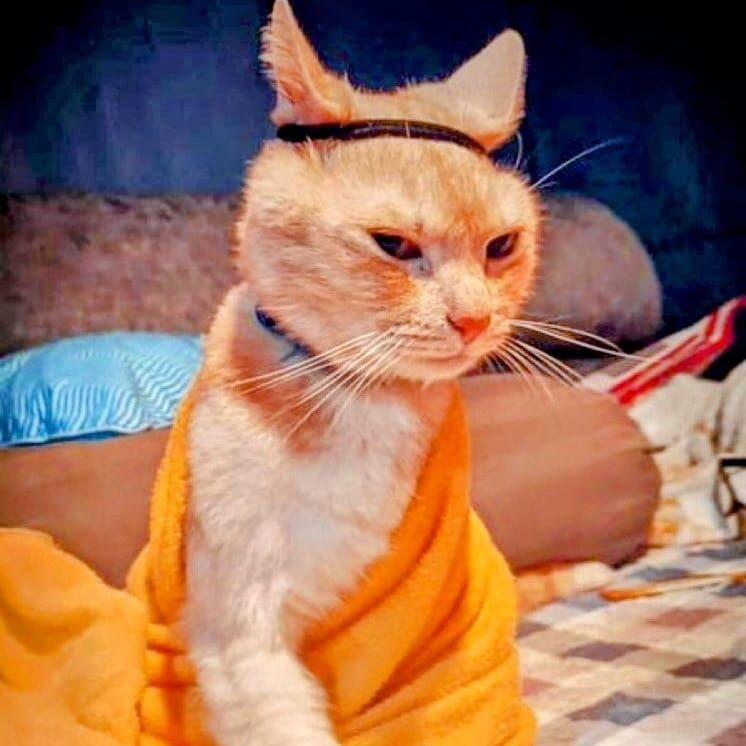-
 @ Just So Be It
2025-05-25 16:31:56
@ Just So Be It
2025-05-25 16:31:56People often only realize the value of something in two situations: First, before they have it. Second, after they’ve lost it.
This is a tragedy that happens to many. People may have good things in their lives, but they don’t see their worth— because they’re always looking outward, focusing on what they don’t have, wishing for something else.
It’s similar to Aesop’s fable about the dog and the piece of meat. We probably remember it from childhood: A dog had a big piece of meat in its mouth. Delighted, it ran to a quiet place where it could enjoy the meat in peace.
At one point, it had to cross a bridge. Looking down into the stream below, it saw its reflection— but mistook it for another dog with an even bigger piece of meat. It wanted that bigger piece badly, so it opened its mouth to snatch it— and the meat in its own mouth fell into the water. The reflection disappeared too.
In the end, it lost both.
So, if we learn to value what we already have, happiness comes easily. It might not be possessions or people— it might simply be our health.
It could be as simple as our breath, the ability to breathe normally, to walk around freely, to see, to hear.
Many people already have these things but don’t recognize their value. They don’t feel lucky. Instead, they focus on what they still lack— no house, no car, no money— and feel miserable.
They ask, “Why is life so hard for me?” Even though they have so many good things already— health, normalcy, freedom of movement— they fail to see it, because their minds are lost in chasing what they don’t yet have, which belongs to the future.
If we turn back and learn to value what we already possess, and stop obsessing over what we don’t, we can find happiness more easily.
This is one of the meanings of “Doing your best in the present.”
…
Doing Your Best in the Present by Phra Paisal Visalo